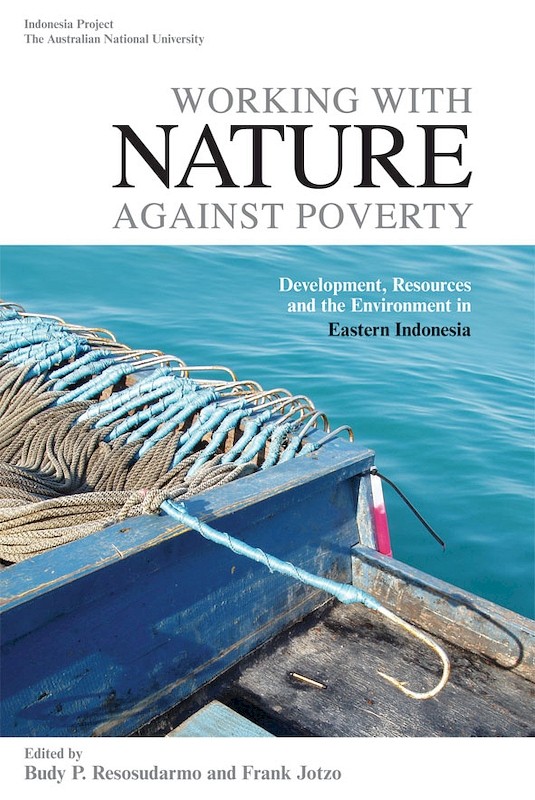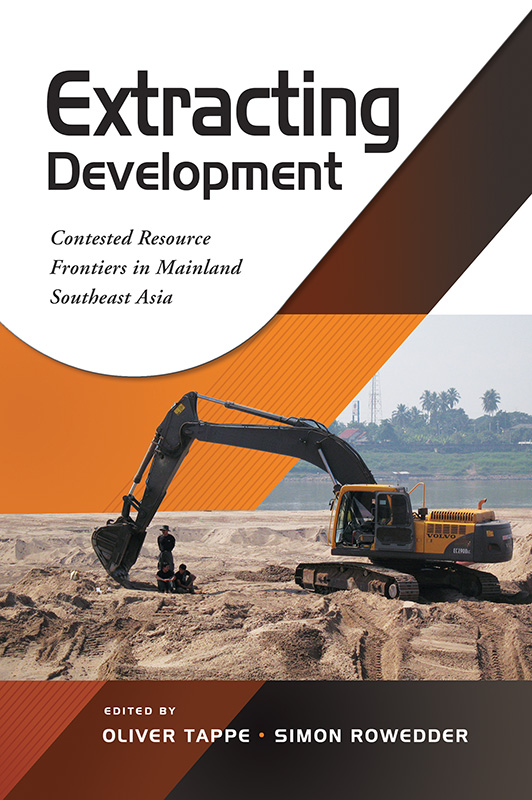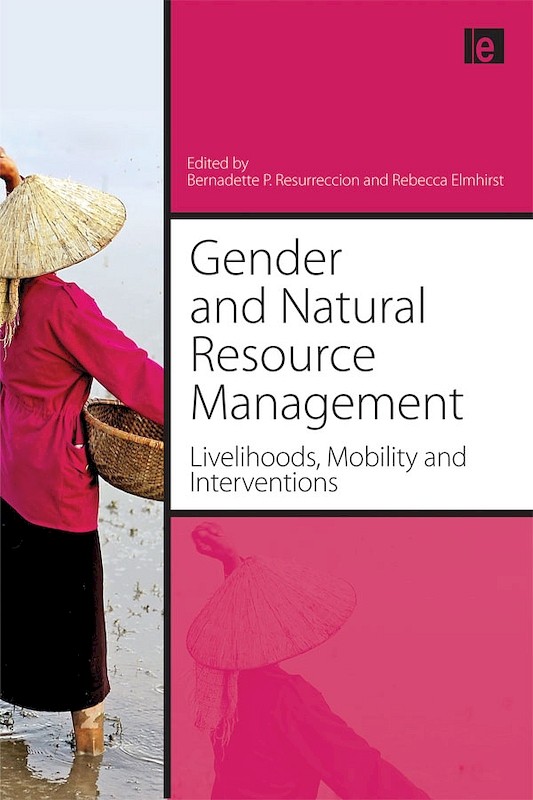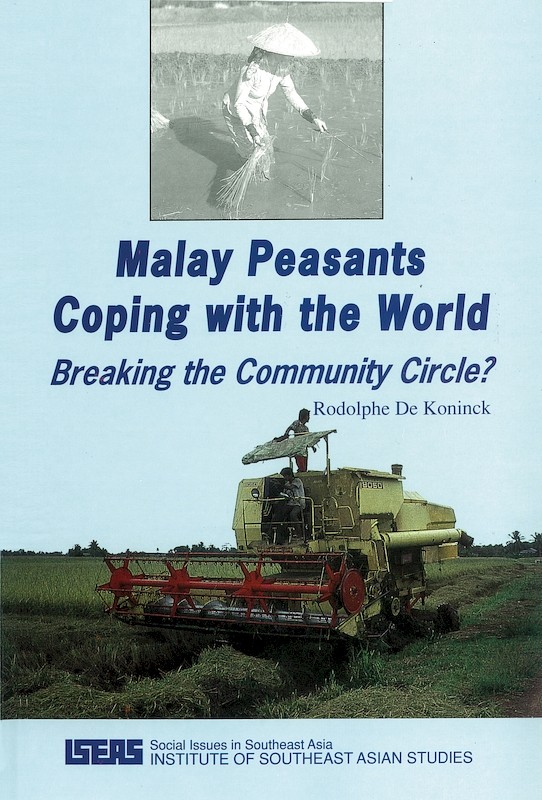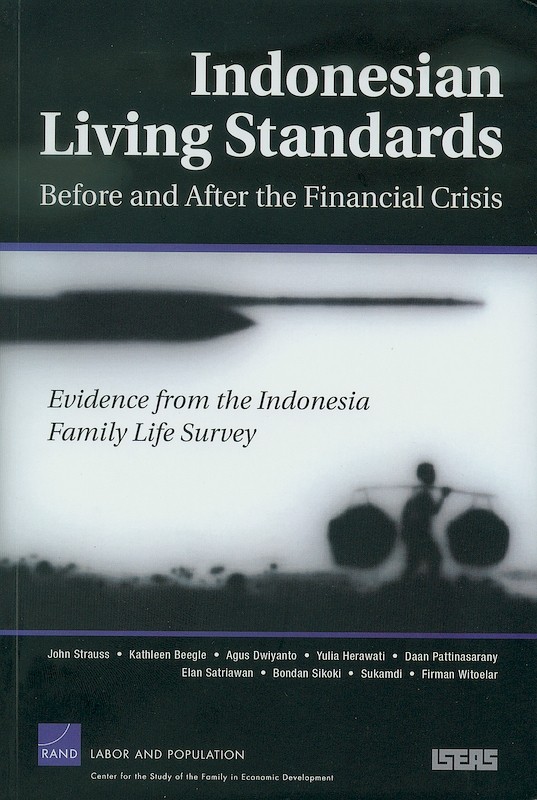Rural Livelihoods, Resources and Coping with Crisis in Indonesia: A Comparative Study

Date of publication:
2009
Publisher:
ISEAS / AUP
Number of pages:
307
Code:
BM363
Reviews
"This book aims to disseminate the results of a research program called 'Experiences with Crisis', part of Indonesia in Transition, sponsored by the Royal Dutch Academy of Arts and Sciences, 2011-2005. Ten Dutch and Indonesian researchers, all graduate students, carried out detailed studies of the livelihood strategies, coping mechanisms and resource management practices of a total of 27 villages during the Asian economic crisis (AEC), defined as occurring from 1997 to 2003. The first three chapters, contributed by Dutch scholars, concern 'rather remote' parts of outer Indonesia (Tana Toraja, Samarinda and Kerinci) (11). Four chapters follow on the Yogyakarta Special Region of Central Java (DIY), based on the doctoral studies of Indonesian geographers from Gajah Mada University. Dutch graduate students undertaking fieldwork for Utrecht University contributed the final three case studies on villages in South Sulawesi. A concluding chapter draws out the impacts of the crisis and the resulting coping and response mechanisms (including ecological aspects), also nominating winners and losers. While the AEC may have partially faded from consciousness as a result of the more recent global financial crisis, these kinds of carefully constructed village studies at the household level, covering different regions of Indonesia over the entire crisis period, have not been previously published. The book is a useful contribution to our understanding of the impact of an extended crisis period in an Indonesia just starting on its road to reformation and democracy" (Pacific Affairs).
About the publication
Most literature on the economic crisis in Indonesia has focused on the negative macro-economic impacts during the "crisis-years" (1997-1999). With a longitudinal research perspective, this comparative study analyses a wide variety of responses to the crisis among communities and households. They often contradict the pessimistic assumptions of communities'/households' capacities to cope with crisis conditions. Covering different areas of Indonesia, variations in resource use practices and resource use regulations define the way rural households can cope with crisis conditions and adapt to new circumstances. The studies show that coping and adaptive behaviour increasingly depends on the ways people are able to tap into supra local networks, even beyond national boundaries. However, without sound interventions, the long-term perspective is one where sustainable resource use systems slowly deteriorate as local resource use regulations are overruled by processes of internationalization. The book thus may contribute to the development of more effective policies for increasing resilience among rural communities to withstand crisis conditions.
Co-publication: ISEAS / AUP
ISEAS / AUP

